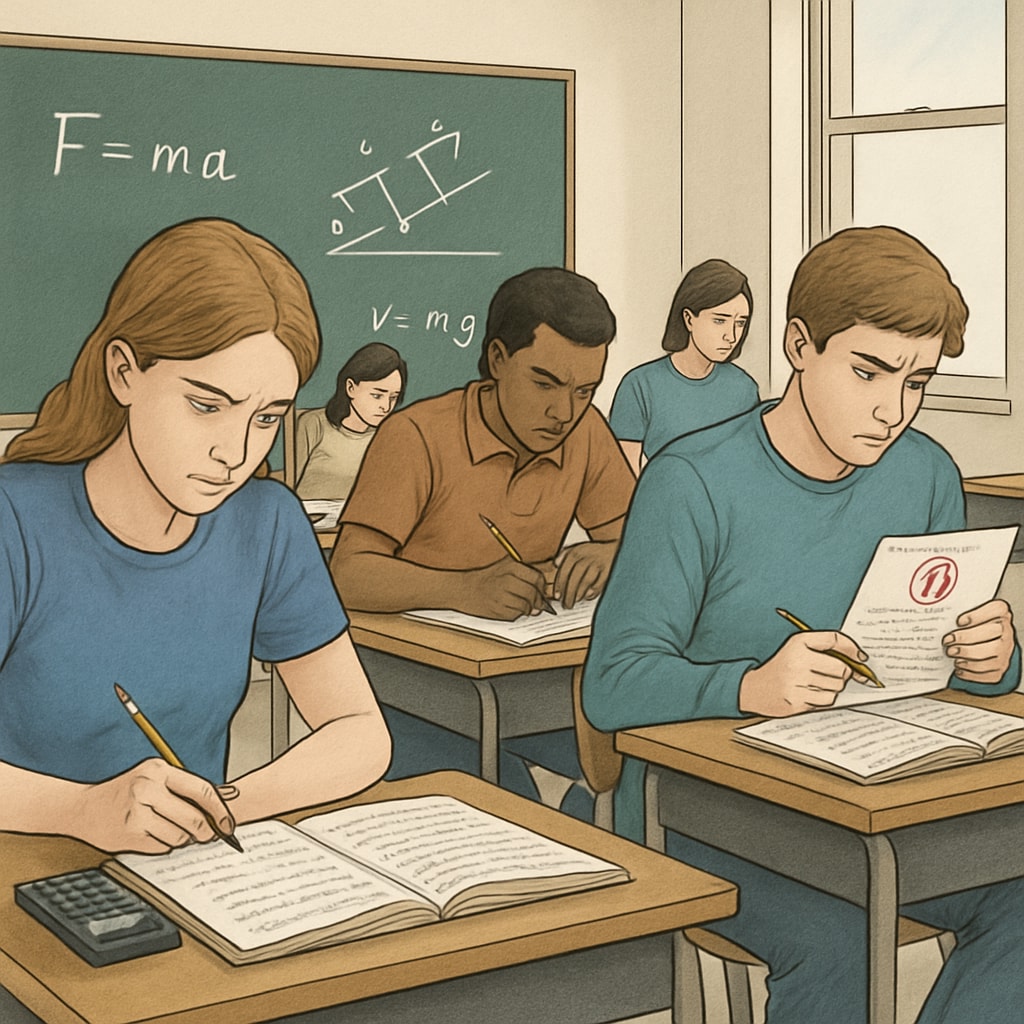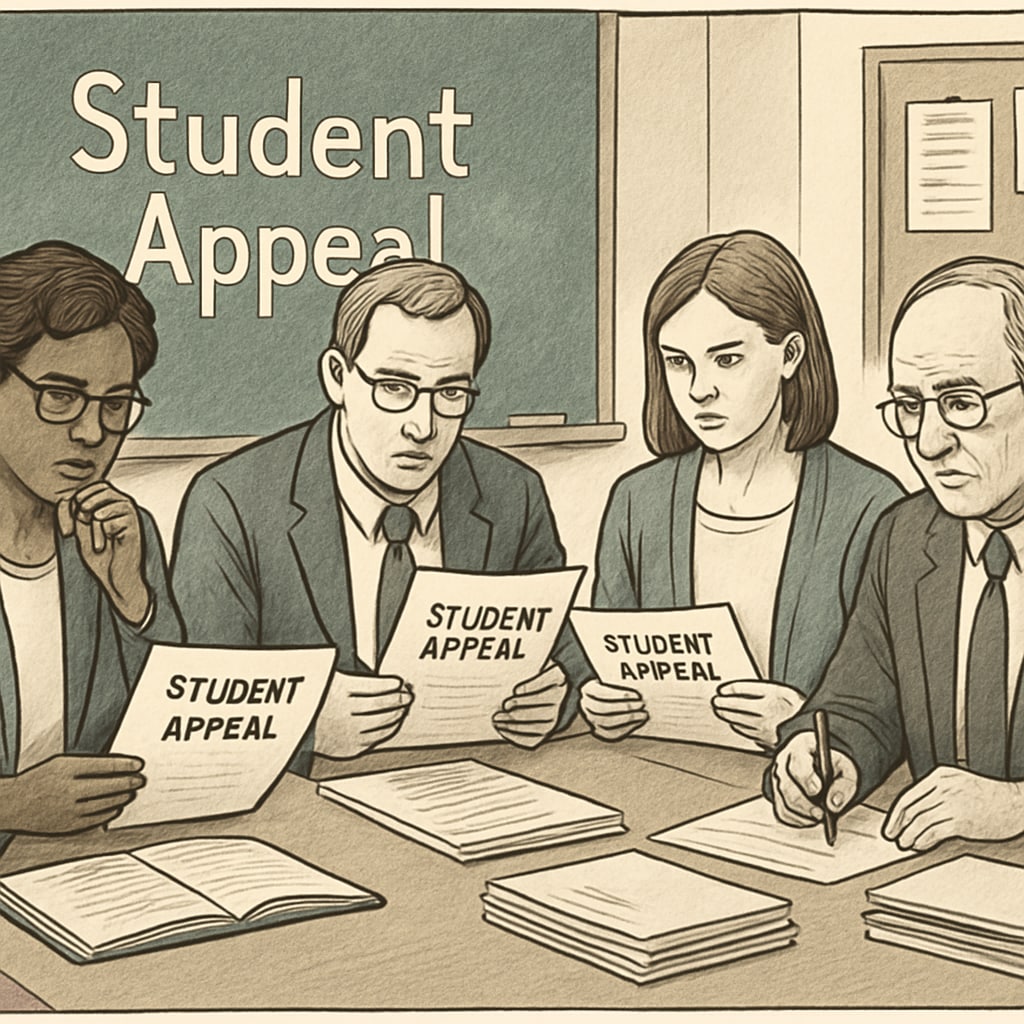In the realm of education, student evaluations are pivotal in shaping futures. However, what happens when students face unfair teaching assessments? Whether it’s a miscalculated exam score or an incorrect project evaluation, the process of challenging errors can leave students feeling powerless. This article delves into the challenges within school appeal systems, using the case of an AP Physics student to illustrate the urgent need for reforms in how schools handle appeals against teacher errors.
The AP Physics Case: A Snapshot of Student Frustration
Imagine a high-achieving student enrolled in an AP Physics course who receives a failing grade on a major assignment. After thoroughly reviewing their work, the student discovers that the teacher made a grading error. Despite presenting clear evidence, the school’s appeal process results in confusion and dismissal of the student’s complaint. This situation, unfortunately, is not uncommon.
Why do such cases persist? Many schools lack transparent guidelines for handling disputes over teaching assessments. Students are often unsure of how to effectively voice concerns, and existing mechanisms may prioritize protecting the institution over addressing legitimate grievances. As a result, the burden falls disproportionately on students to advocate for themselves in an intimidating system.

Why Current Appeal Mechanisms Fall Short
The structure of most school appeal systems presents significant barriers to students seeking justice. Common issues include:
- Lack of transparency: Students often don’t know the steps required to file an appeal or the criteria used to evaluate their claims.
- Conflict of interest: Appeals are frequently reviewed by the same teachers or administrators involved in the original assessment, limiting objectivity.
- Intimidation: Students may feel discouraged from challenging authority figures, fearing retaliation or negative repercussions.
These systemic flaws make it difficult for students to successfully contest errors. According to educational assessment standards, fairness in grading is crucial for maintaining academic integrity. Yet, without proper checks in place, errors can undermine student confidence and academic records.
Building a Fairer System: Recommendations for Reform
To ensure fairness in teaching assessments, schools should adopt more robust and transparent appeal mechanisms. Key recommendations include:
- Independent review panels: Create committees composed of impartial educators and external experts to review appeals objectively.
- Clear guidelines: Publish detailed steps for filing appeals, including deadlines and documentation requirements.
- Student representation: Allow student advocates to participate in the appeal process, ensuring their voices are heard.
- Regular audits: Implement routine checks on grading practices to identify and address systemic issues proactively.
By adopting these measures, schools can foster a culture of accountability and fairness. Institutions like Britannica’s coverage on education systems emphasize the importance of equitable practices to build trust between students, teachers, and administrators.

A Call for Change
Unfair teaching assessments and opaque appeal systems represent a serious challenge in education. Students deserve fair evaluation processes that prioritize their academic growth and well-being. As stakeholders in education, it is our collective responsibility to advocate for reforms that empower students to address errors without fear of bias or retaliation.
Therefore, schools must rise to the occasion by implementing transparent systems that value student input. When every student’s voice is heard, the education system takes a significant step toward equity and integrity. Let us not overlook the silent struggles of students navigating these challenges; instead, let us strive to transform their silent calls for justice into actionable change.


